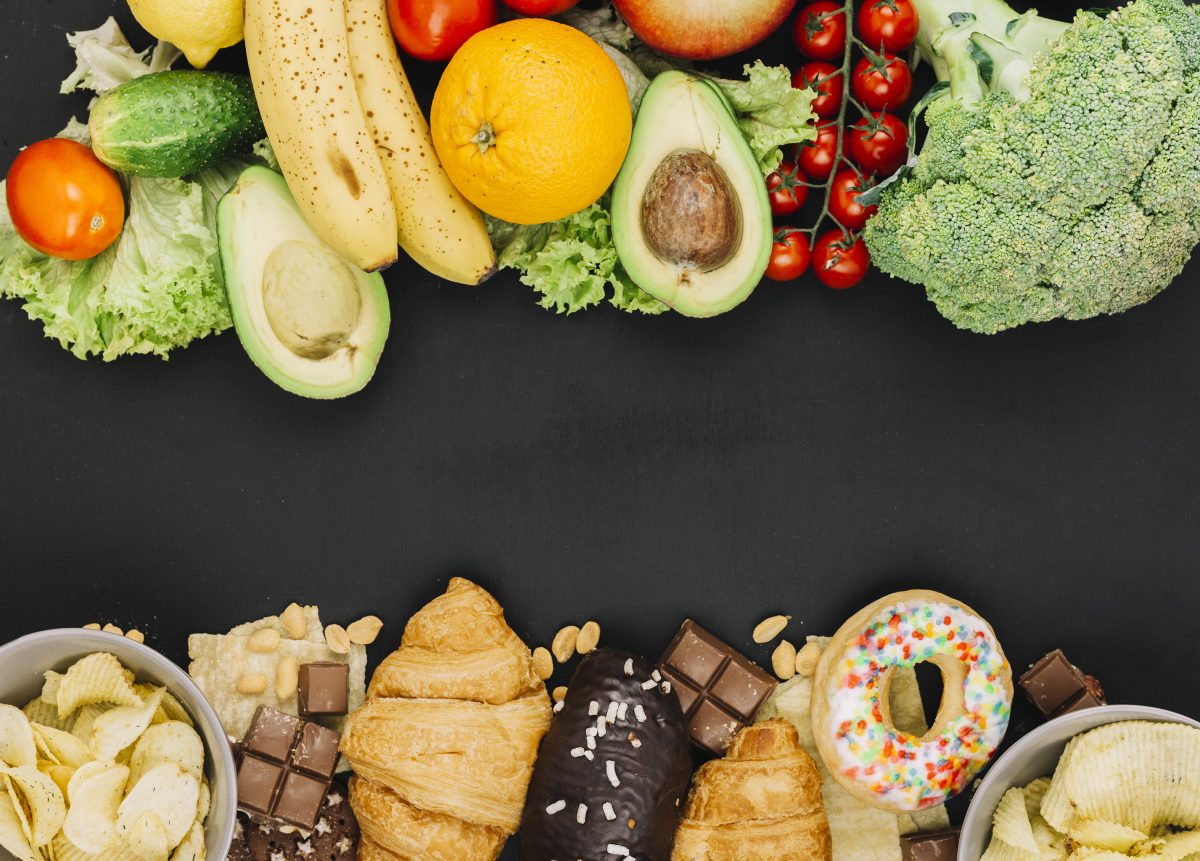(London School of Economics and Political Science) – It takes us less than half a second, on average, to decide whether a food tastes good but twice as long to decide how healthy it is, according to new research from LSE’s Department of Management.
The paper, published in Nature Human Behaviour, explains why we sometimes fail to be self-controlled when it comes to unhealthy food – our brain processes how healthy a food is slower than it processes how tasty it is.
Researchers asked 79 adults to choose between two foods – some of which were healthy and some of which weren’t – as a way of knowing more about how we decide which foods to eat and buy. Each adult had to choose between two different foods 300 times.
The study, by Dr Nicolette Sullivan of the London School of Economics and Political Science, and Professor Scott Huettel, of Duke University in North Carolina, found that it takes us half as long to decide how tasty a food is compared to the time it takes to decide how healthy it is.
The researchers say the findings show we should take longer to decide on which food we choose in restaurants and we shouldn’t feel hurried by waiters and waitresses who should only come over to tables when customers say they are ready.
Dr Sullivan says: “Our findings suggest that it is often not our fault that we give into unhealthy foods – our brain is simply slower at processing how healthy a food is compared to how good it tastes. We may well know how healthy or unhealthy a food is, but our brain thinks first about what the food tastes like.
“This means that we might eat a biscuit, not because the desire for a tasty snack overwhelms our limited willpower, but because the information about the future health consequences of eating that biscuit does not enter our decision process sufficiently early to influence the choices we make. We may have already made up our minds to eat the biscuit by the time our brain catches up with thinking about how unhealthy it is. We end up making unhealthy choices because it takes us too long to process the information about whether a food is healthy.
“We also found that people who take longer to decide what to eat end up making more healthy choices. In fact, even those who generally make unhealthy choices will make the better choice when they take longer. This is because taking longer allows that slower-processed health information a chance to have a say.
“This research gives us an insight into how we can manipulate our thinking to consider healthy choices at the same time – or as soon after – we think about taste. If we are given more time to think about what food we are going to order in a restaurant, and if we are provided with a clearer description of how healthy a restaurant meal is before we choose it, our brains will more easily process information about how healthy food is.”
The researchers also noted that studies of the timing of decision processes will be important for interventions that could help people make better decisions.
Co-author Dr Huettel, , adds: “As we learn more about how and when different types of information enter into brain mechanisms for decision making, we can use that knowledge to shape real-world situations so that people can use all of the available information – potentially helping them make decisions that are better for their health or personal well-being.”






